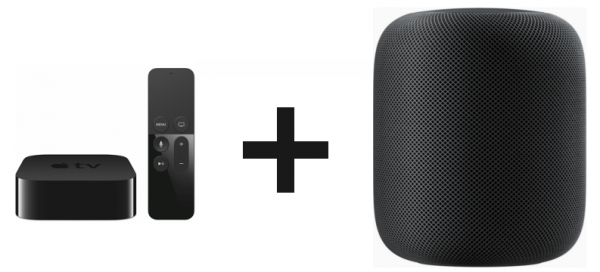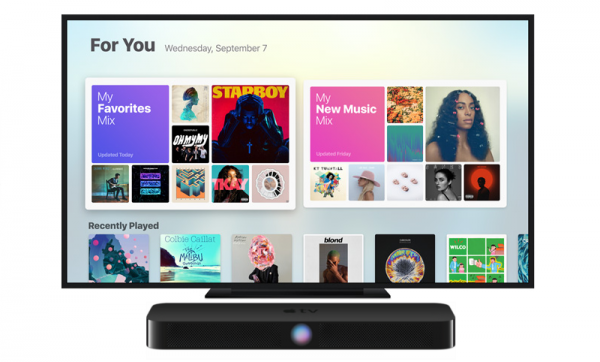So, Amazon bought Whole Foods. I haven’t read much analysis — just seen a lot of jokes about Alexa misunderstanding Jeff Bezos and buying it for him. I think it makes total sense for a couple of reasons and I’ve been intending to write a post one one of those reasons since before Amazon opened the Amazon Go store (yes, I’m slow writing and posting things here…).
The first reason I think Amazon-Whole Foods makes sense is that Whole Foods gives Amazon a perfect platform to take AmazonFresh national. Whole Foods shoppers are exactly the type of people that would use the AmazonFresh service so Amazon gains access to these people. Whole Foods stores and the local contracts allow the currently limited service to to launch the nationwide.
The second thing — the one I have been meaning to write about — is about fundamentally changing the model for supermarkets and how we shop is about the data.
I’ve been talking about this with a colleague at work for a while. The discussion basically comes down to “Supermarkets business model is dead. Because… Data. If they don’t embrace the data then someone else will and they’ll put us out of their misery”.
At issue is the basic supermarket business model, as I understand it. That is getting people into the shop to buy the staples goods they need and selling them overpriced extra goods they don’t need. As far as I can tell this model has not changed since the 50’s. In order to enable this business model supermarkets need to be huge and stock everything and use every psychological trick in the book, and invent a few more over the past half century, to get you to put that extraneous stuff into to your cart.
But supermarkets have been sitting on a treasure trove of data, from their loyalty programs, that they are basically ignoring. Millions of people have loyalty cards for their shopping and every time they swipe it the supermarket can link their purchases to a person. Think about how they could use that data. They know what you purchase and how often. They know I buy milk every week, they know the brand. They know I buy cloths detergent every month. Why don’t they take the initiative?
Why don’t I get a message from them every week that my regular purchases are ready for delivery or pickup at my regular store? They could offer me specials that I have purchased in the past or similar offers. They could offer to delivery my regular basket. Would I like to add this weeks super-special-only-for-me to my basket. They could turn week-in, week-out grocery shopping into eCommerce and take advantage of a whole new back of tricks, a lot of stores are already doing it.
By taking the initiative they could streamline their logistics chain and maybe reduce their physical store sizes since they don’t need to keep all that just-in-case stock. Lowering they rent bill needs to more than make up for the losses for those impulse buys. Has someone done this analysis?
This model relies on selling me the things I need with greater convenience. Increasing the margins on those sales and not relying on impulse buys. I think the traditional supermarkets are blinded by their established business plan. They survived the dotcom bubble and the various grocery delivery startups that popped up them and maybe they don’t think the time is up for the current model this round. But I think big data will kill the supermarket (as we know it) and I expect to see Amazon disrupting the supermarket landscape quickly once this deal is closed.


